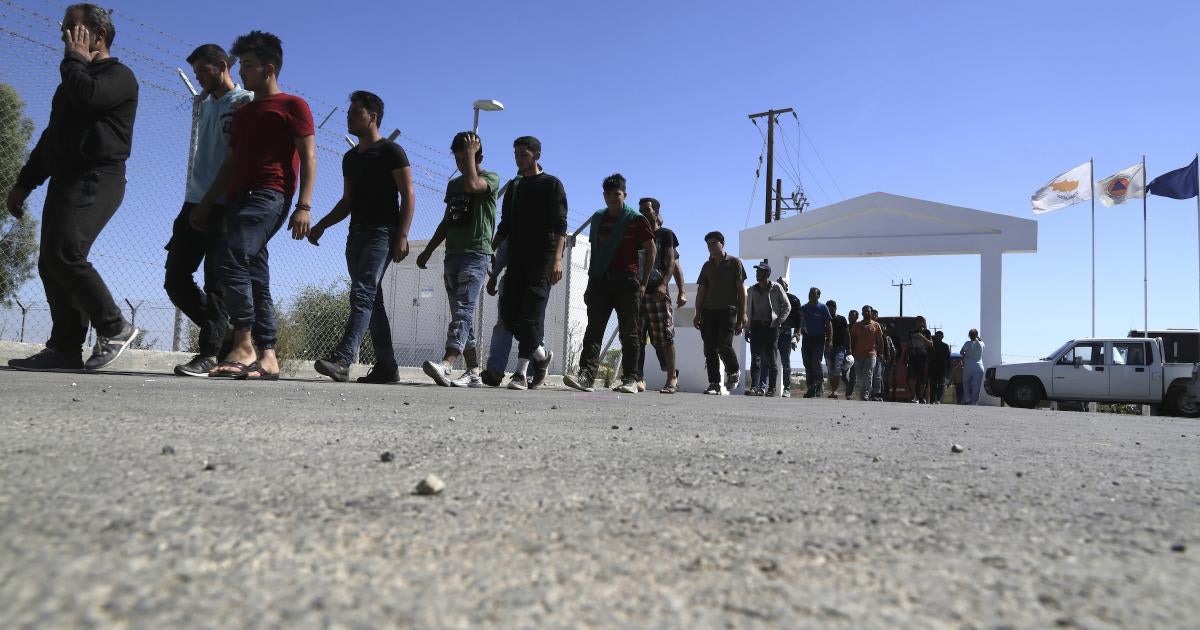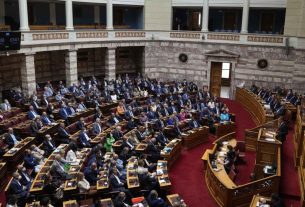On September 15, Cyprus Interior Minister Constantinos Ioannou bemoaned that European Union member states cannot currently return asylum seekers to Syria, and said the EU should reevaluate whether Syria is safe for returns so that asylum seekers could be deported to or returned there. Cyprus has also taken measures to expedite asylum processing, reduce financial support to asylum seekers, and begin construction of a migrant detention center to, as Ioannou puts it,“make Cyprus an unattractive destination.”
Ioannou’s remarks come one day after United Nations Human Rights Chief Volker Türk warned of worsening security in Syria due to fighting in the country’s northeast. The UN Refugee Agency maintains that conditions in Syria prevent it from promoting or facilitating refugee returns.
Human Rights Watch has documented how Syrian security agencies arbitrarily detained, kidnapped, tortured, and killed refugees who returned to Syria between 2017 and 2021. That pattern of abuse and persecution has not ceased. As recently as July, Human Rights Watch found that returnees had been tortured in Syrian military intelligence’s custody and conscripted to serve in Syria’s military reserve force.
Ioannou cited the European Union Asylum Agency’s (EUAA) assessment that Damascus and other parts of government-controlled Syria are no longer experiencing generalized violence, but omitted the agency’s observation that people being returned to Damascus could still be at risk of persecution and that the capital’s general situation is such that sending people there who were not at risk of persecution would only be reasonable “in exceptional cases.”
The absence of indiscriminate violence in part of a country does not mean the country is safe. It doesn’t even mean those places where bullets are not flying are free from danger. In Syria, where the EUAA rates eight governorates as having high or exceptionally high levels of indiscriminate violence, the Assad government’s long-standing intolerance and suppression of dissent, and its suspicion and hostility toward Syrians whom it believes opposed it, means fear-of-persecution claims of anyone who fled the country must be seriously considered.
Governments eagerly looking for a green light to deport Syrians will run afoul of their nonrefoulement obligations if they do not fully and fairly examine both the threat of generalized violence and insecurity in much of Syria and the ongoing countrywide threat of persecution for anyone suspected of holding beliefs or identities not aligned with those controlling the area to which they would be returned.



